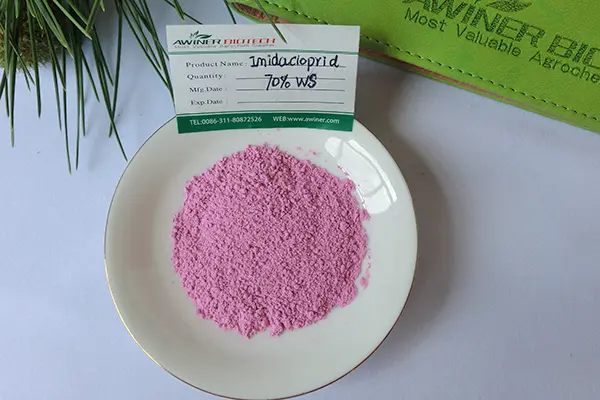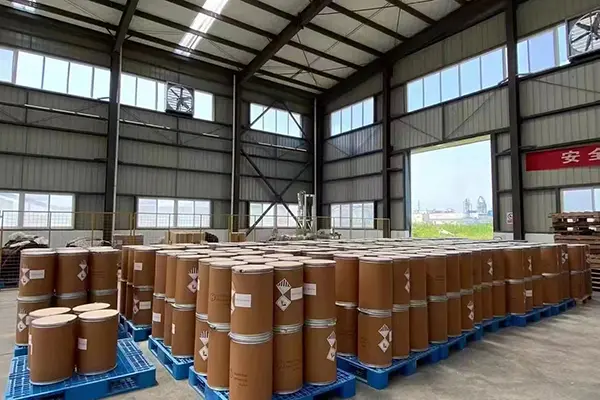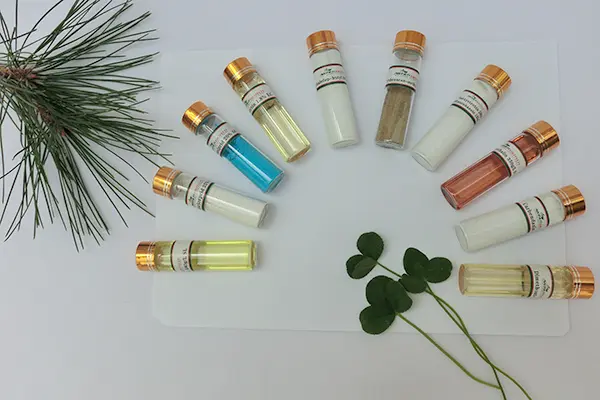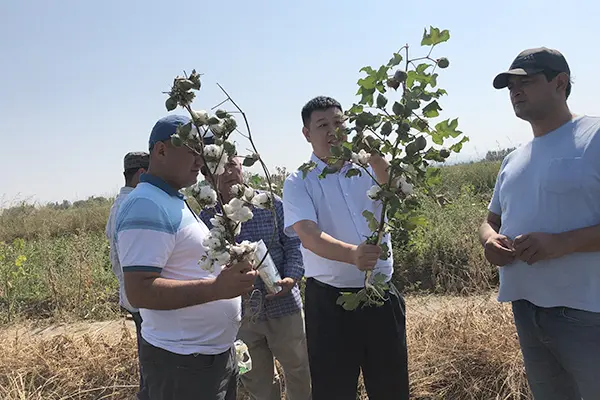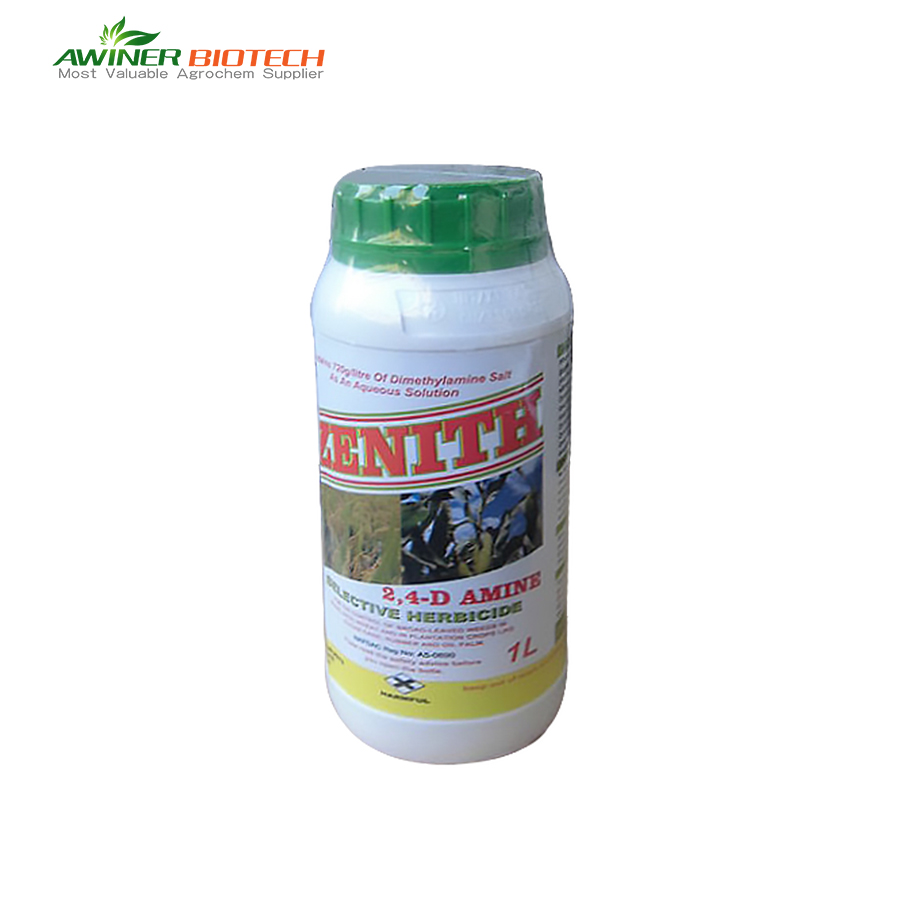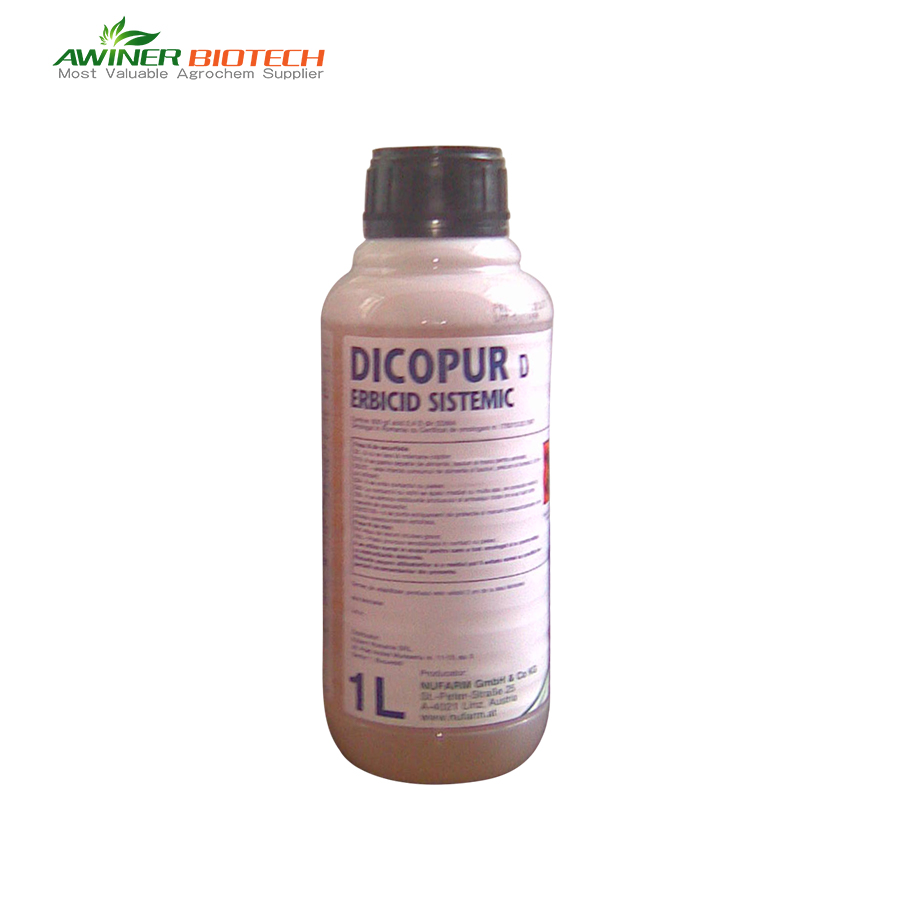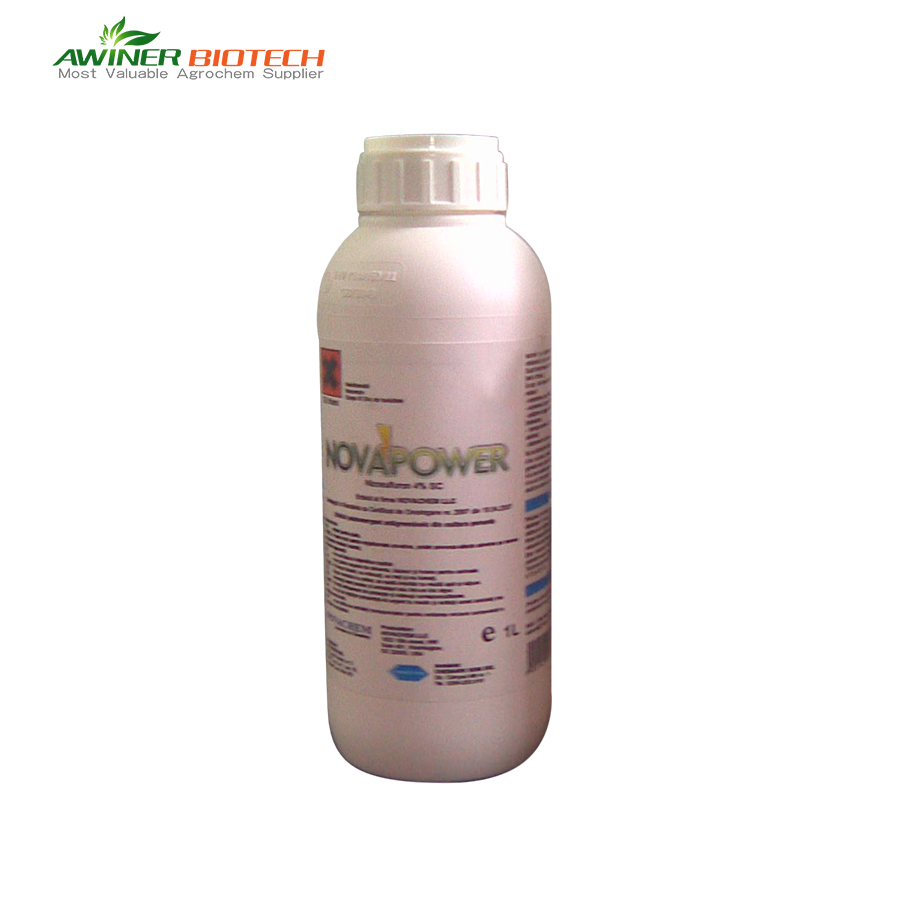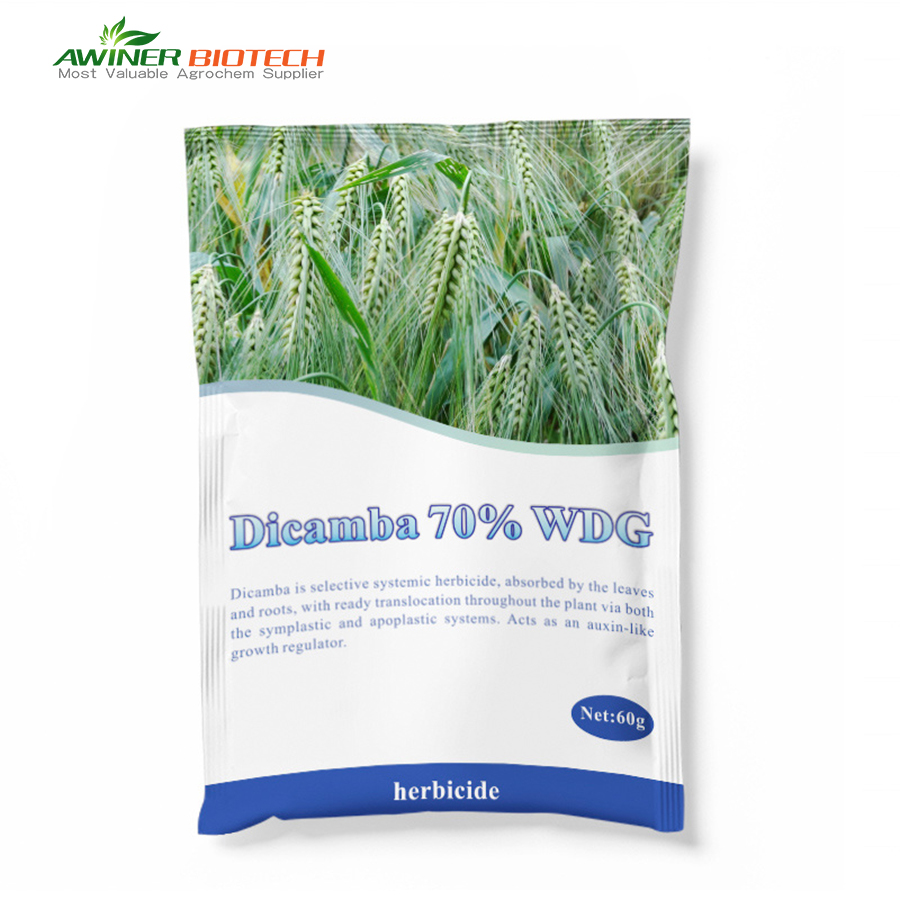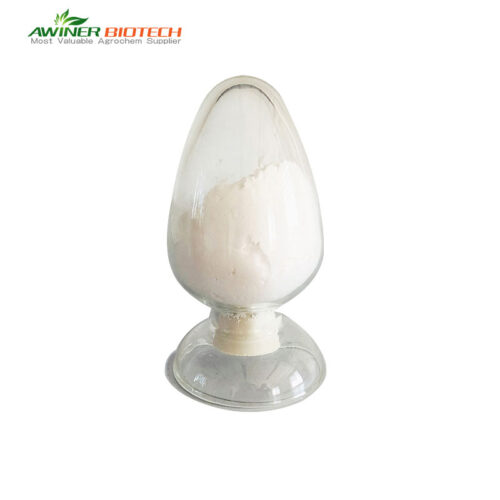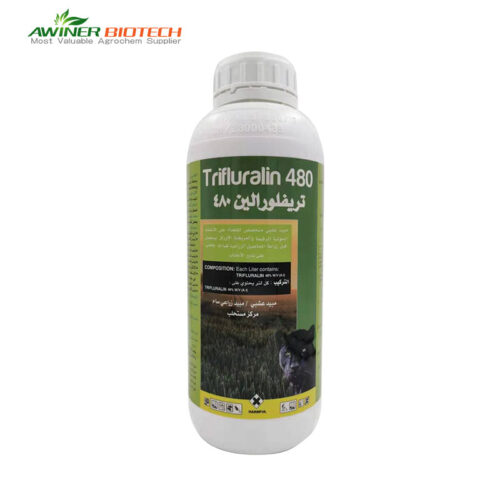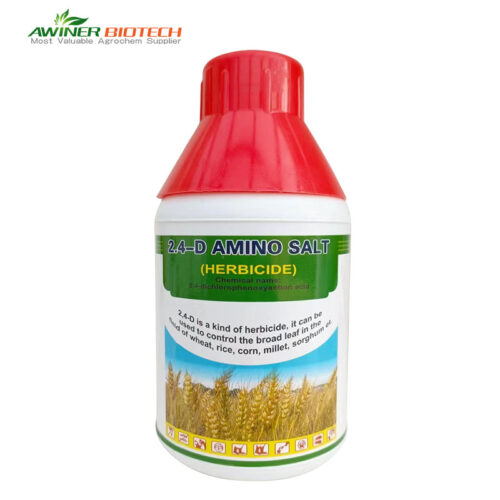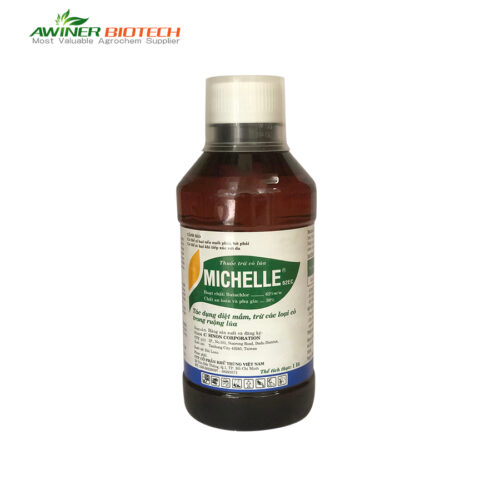Dicamba |
|
| Dosage form | 480g/L SL;480g/L AS;60% WDG |
| Packing | Liquid:50ml、100ml、250ml、500ml、1L、5L、10L、20L Solid:10g、50g、100g、250g、500g、1kg、5kg、10kg、25kg |
| Formulation/Label | Customized |
| Sample | Yes |
| Crop | Wheat field Corn field Wheat field |
| Certification | SGS、 ISO 、BV |
| Delivery time | 20-30 days |
| Mixture products | |
| Payment terms |  |
Dicamba is designed to target broadleaf weeds and is generally safe for grasses when used appropriately. Adhering to best practices and application guidelines is essential to achieve effective weed control and protect desirable grass species.
Will Dicamba Kill Grass?
Dicamba is a selective herbicide widely used to manage broadleaf weeds in various crops, including wheat, corn, millet, and rice. Its mode of action involves mimicking natural plant hormones, which disrupts the growth of broadleaf weeds, leading to their death. Due to its selective nature, dicamba generally does not harm grasses, making it an effective tool for weed control in farm.
However, while dicamba is safe for grass under normal usage, improper application can cause damage. Over-application, spray drift, or application under adverse weather conditions can lead to unintended exposure. Symptoms of dicamba damage in grass include leaf curling, stunted growth, and yellowing (chlorosis).
To avoid these issues, it is crucial to follow the label instructions precisely. This includes using the recommended application rates, employing proper spraying techniques, and considering environmental factors such as wind speed and temperature. Ensuring that dicamba is applied correctly will maximize its effectiveness against broadleaf weeds while minimizing any potential harm to grass.
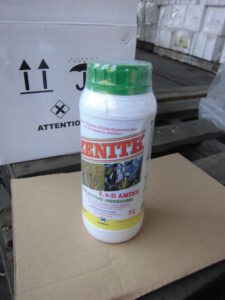 |
 |
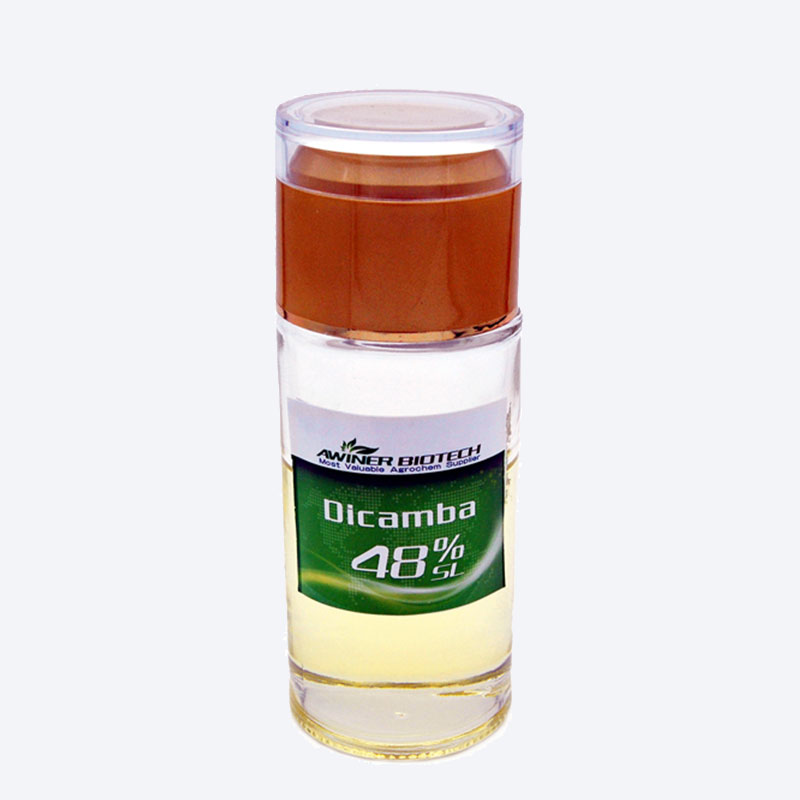 |
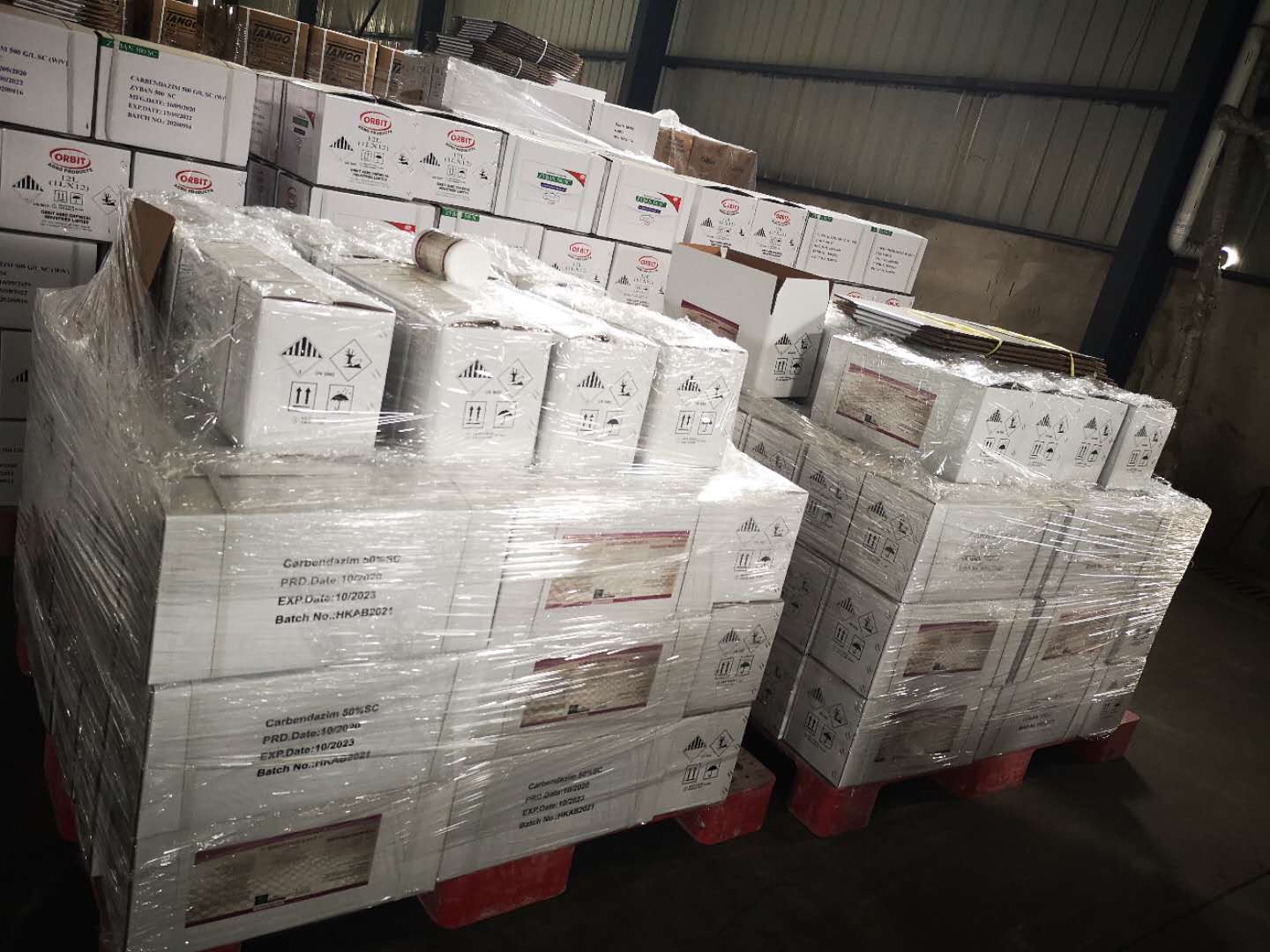 |
Dicamba is commonly mixed with several other herbicides to enhance its effectiveness and broaden its spectrum of weed control. Some common combinations include:
Glyphosate:Mixing dicamba with glyphosate allows for the control of a wider range of both broadleaf and grassy weeds, making it suitable for use in glyphosate-resistant crops.
2,4-D:This combination is effective for controlling tough broadleaf weeds and is often used in various crop systems to enhance overall weed management.
Metribuzin:When combined with metribuzin, dicamba can provide effective control of both broadleaf and certain grass weeds, particularly in soybean and other sensitive crops.
Trifluralin:This mixture helps in pre-emergence weed control, particularly against annual grasses and some broadleaf weeds.
<About Awiner Biotech>

